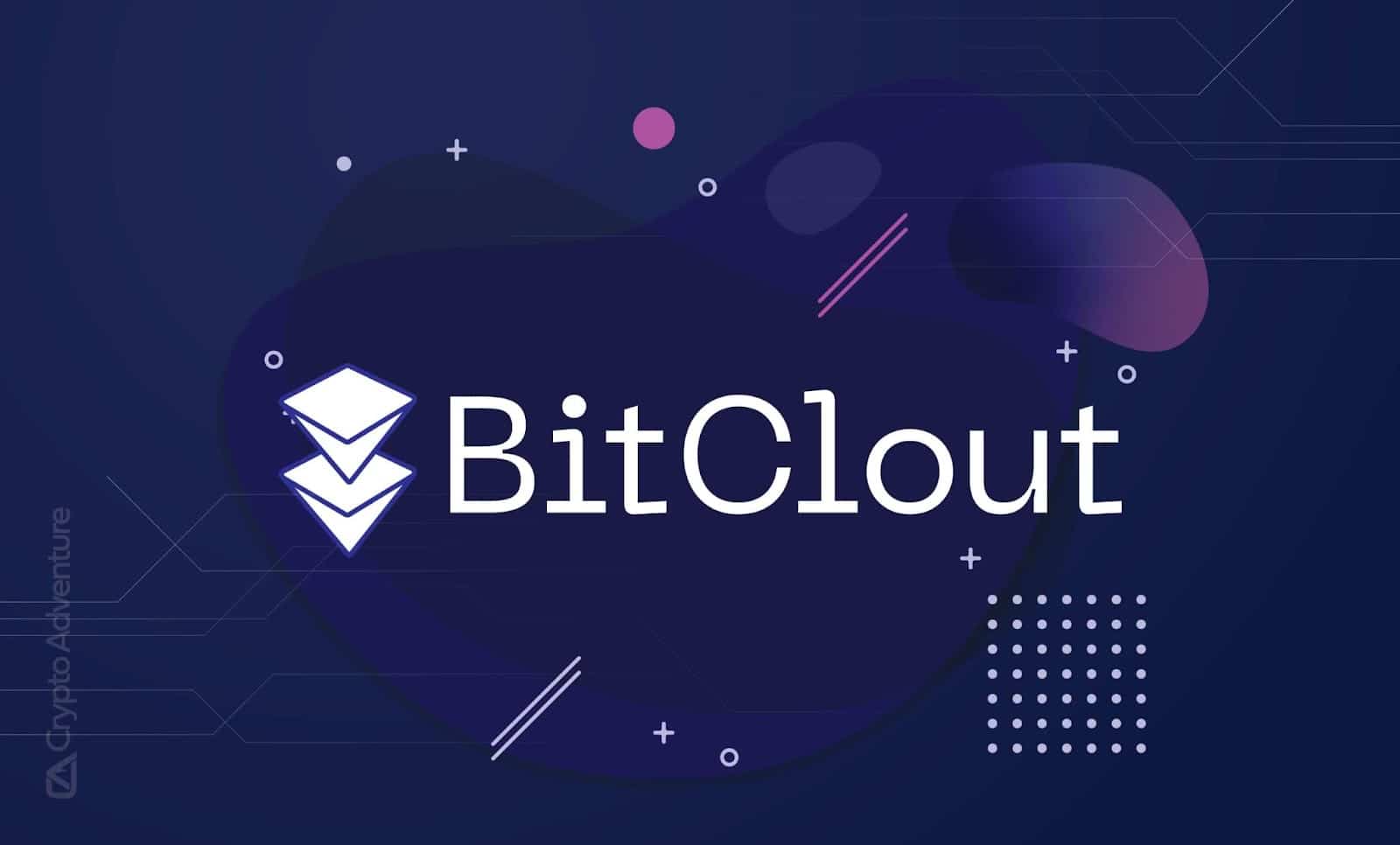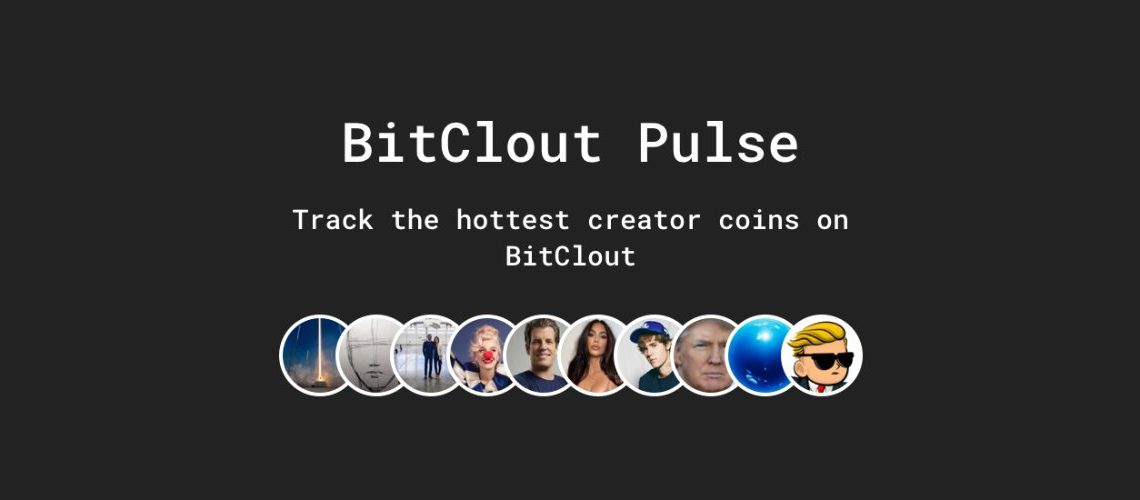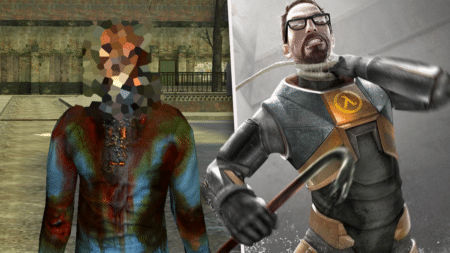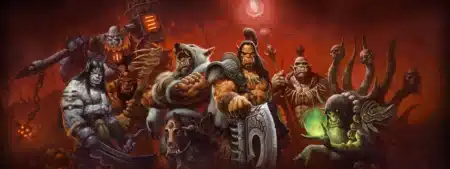One individual no longer has the possibility of developing an enormously popular and critically acclaimed game on their own. To create a solitary AAA product, many game development firms today invest well over $60–80 million and employ scores of people.
As a result, in order for the average person to develop a product that could remain competitive with the industry behemoths, they must either construct anything groundbreaking such as Minecraft, a game that thought up new elements and partly impacted the entire sector all whilst still being inexpensive to create or enquire people for money, and a lot of it. Star Citizen is one instance of a crowd-sourced videogame that has collected more than $300 million.
Star Citizen Currently Sits In The Pipeline

The multi-player interstellar commerce and warfare simulation title Star Citizen is currently in production. Since it has been in existence for a little over a decade, it has caused a lot of controversies. As a result, interest fluctuates according to the statements and upgrades provided to the beta-testing regions that are now accessible.
Additionally, it has shifted its financing approach over time in response to changes in the accessible revenue options. In the beginning, the company raised money via Kickstarter, but nowadays, in-app payments are how it pays the bills. BitClout as well as the CRD Network’s integration with it provides a completely new way to commercialize the venture.
Creator Coins!!!!

It is possible using BitClout to produce so-called “Creator Coins,” which are digital representations of the community’s passion for a particular initiative, or Originator. Essentially, it’s a real-time monitor of how people feel about the program, and it might help the Star Citizen crew figure out when to make an announcement or when the audience is pleased with them.
Have You Read: Top 5 Weapons From Devil May Cry Franchise
Another benefit is BitClout integration, which will allow them to borrow money against existing Creator Coins and give NFT prizes to their biggest supporters. Additionally, they have a simple on/off ramp for their Creator Coins, allowing them to immediately move their cash into conventional currency to support developmental initiatives instead than converting their Creator Coins to BitClout, then BitCoin, and eventually USD, where they’d take a loss in processing costs at each step along the route.

To sum up: Having a CRD would let them expand their financing options and better monitor supporter opinion via the supplementary market movement of their NFTs as well as Creator Coins, which are linked to their CRDs. Crowdfunding is only getting started, and there will be some amazing initiatives that would never have gotten off the ground without the help of distributed financing.
The sustainability of the gaming business is in the hands of individuals who aren’t afraid to attempt new things and the supporters who enable them to do so, rather than the established companies that publish the very same product over and over again.










